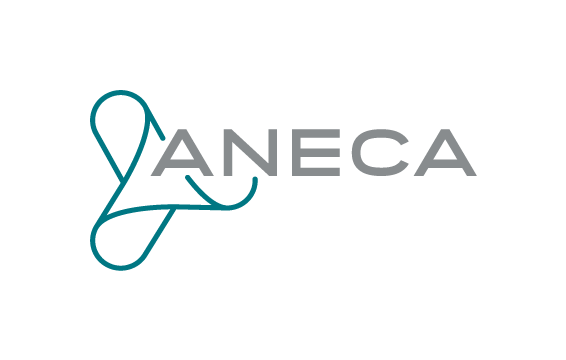ANECA accelerates faculty accreditation and integrates input from the university community
-
20/03/2024

- A new Procedure and a new computer application are designed to simplify the formalisation of applications (6,730 in 2023).
- A brief CV with significant contributions and minimum supporting documentation is requested.
- New accreditation criteria have been established, incorporating the consensus that emerged from the more than two thousand proposals received in the participation process.
- Special rules on equality, work-life balance and disability are specified.
- The attraction and recovery of talent is facilitated and international excellence is promoted.
ANECA has published, by Resolution of the Director of 20 March 2024, the new evaluation criteria of the merits and competences required to obtain the accreditation to the university teaching bodies (Profesor/a Titular de Universidad and Catedrático/a de Universidad), and the reference levels required to obtain a favourable evaluation.
The civil servant teaching staff accreditation programme, which received 6,730 applications in 2023 (almost 50% more than in 2022), is thus adapted to the provisions of the LOSU and RD 678/2023, updating the previous system approved in 2007 and modified in 2015.
The new Procedure, which is accompanied by a renewed and simplified computer application, guarantees agility and the request for accessible, open, abbreviated and meaningful documentation, supported by a brief CV generated with the FECyT CVN standard, and reduces to a minimum the accrediting documentation requested, based on a principle of veracity and trust. This promotes a more qualitative assessment of the academic career described in the CV, based on a responsible use of quantitative indicators, which guarantees its rigour in terms of the minimum requirements to achieve a positive accreditation that allows the applicant to apply for the positions offered by the universities. Furthermore, the number of accreditation commissions has been increased from 21 to 30, in order to reduce resolution times, and each commission will include a person specialising in the integration of gender analysis in the assessment and another with an interdisciplinary or multidisciplinary profile.
As established in Royal Decree 678/2023, which regulates the state accreditation procedure, ANECA has been advised by its 30 accreditation commissions of the ACADEMIA programme (for civil servant teaching staff) in drawing up the new assessment criteria, as well as by the contributions received during a non-binding participation process with the stakeholders of the university and scientific community as a whole.
In order to articulate this unprecedented participatory process, ANECA has set up a platform (https://participa.aneca.es/) so that the draft criteria published on 8 February could be assessed by the university and scientific community. This facilitated a true multidirectional, collaborative and deliberative participation exercise, unprecedented in previous definitions of evaluation criteria.
During the period set aside for this consultation (13-29 February), the platform registered 2,802 participants, who submitted 2,127 amendments and made a total of 3,281 comments. In addition, 50 documents were received, sent by other means, from universities, organisations, associations, professional associations, etc., and during the month of February, around twenty meetings were held with different agents to whom ANECA proposed to discuss the initial draft.
All the contributions received were analysed by the Agency's management during the first half of March, when work continued with the 30 accreditation commissions until consensus was reached on the final document.
With respect to the initial draft, the most important changes incorporated into the published document refer to the elimination of mandatory minimums for most of the merits (including stays, research projects, transfer, leadership, tutoring work...). The inclusion of professional activities and other possible merits not mentioned in the Annex to the Royal Decree, the better connection and coherence with the different ANECA assessment programmes (six-year research and transfer periods and the DOCENTIA teaching quality assessment programme), the express recognition of the direction of TFG and TFM, the extension of the concept of leadership to the teaching field, as well as the progress in the specification of special rules on equality, work-life balance and disability.
The new accreditation system also incorporates principles such as the promotion of open science, the recognition of multidisciplinarity and interdisciplinarity, the extension of the concept of knowledge transfer to that of knowledge exchange, and the assessment of the capacity for leadership, transformation and innovation, It also recognises a greater diversity of careers and teaching and research profiles, facilitates the participation of teaching staff abroad and thus the attraction and recovery of talent, and promotes excellence through the recognition of state programmes such as I3 or R3, or international programmes such as those funded by the European Research Council (ERC).
